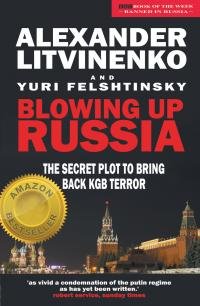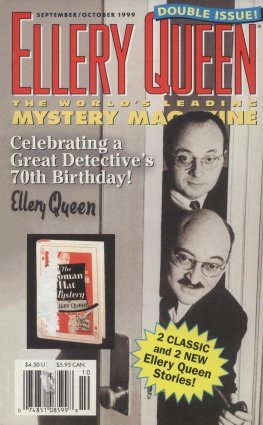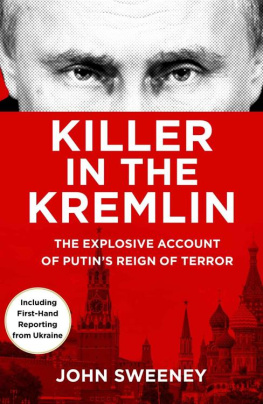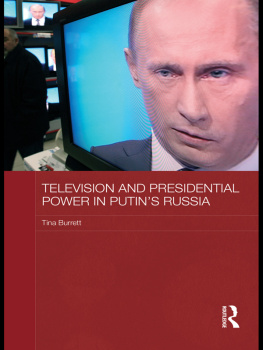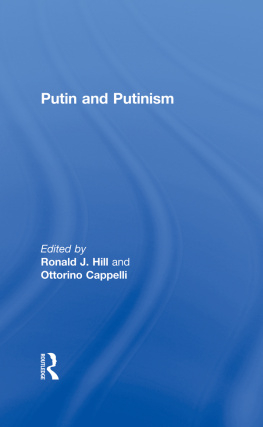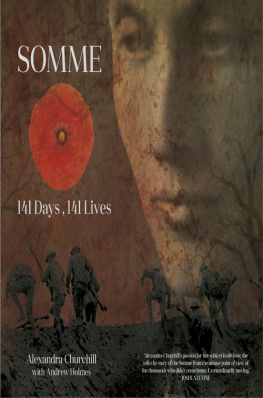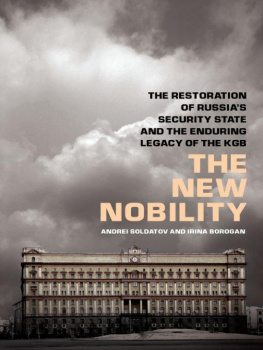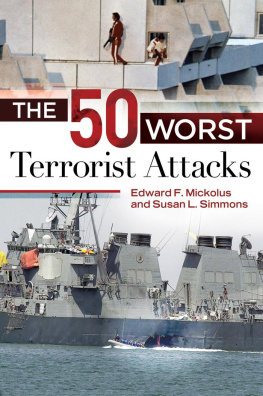Foreword
John Dunlops path-breaking book about the bombings in Russia in Septe m ber 1999 remains the best account we have of these horrific attacks. Many years have gone by without those in Russia or the West learning the full st o ry. And that story may never emerge, at least as long as Russian President Vladimir Putin remains in power. But Dunlops impeccable research, touching on a vast number of sources, has contributed a great deal towards our unde r standing of these events. And the book makes fascinating reading for anyone interested in Russian politics and the reign of Vladimir Putin.
The bombings, as Dunlop makes clear, paved the way for Putins ascendancy to the presidency, and much of the evidence suggests that Putin and his fo r mer colleagues in the FSB were the orchestrators. There have been many terrorist attacks in Russia before and since then that have suggested FSB i n volvement. (Dunlop discusses two of these cases in an earlier book, The 2002 Dubrovka and 2004 Beslan Hostage Crises.) In many of these acts, suspects were identified and even charged with actually carrying out the crimes, but they were clearly only following orders, and the people who act u ally gave those orders and organized the attacks have never been identified. This was what happened after the September 1999 bombings.
In the September 1999 attacks, the FSBs motivation was clear. The bom b ings were blamed by Russian authorities on Chechen rebels and offered an excuse for the Russian army to invade Chechnya, for the second time, just weeks later. Putin, Yeltsins new prime minister, and former chief of the FSB, gained tremendous popularity as a leader who vowed revenge on Chechens in their outhouses. He was assured a victory as Yeltsins anointed succe s sor in the March 2000 presidential elections.
Boris Berezovskiis role in these events remains a mystery. The former Ru s sian oligarch, a leading supporter of Putins bid to become president, was la t er betrayed by Putin and forced to leave Russia. His suicide in March 2013 after writing desperate letters to Putin to be allowed to return to his country, add to the puzzles involving the September 1999 bombings. Berezovskii was closely allied with the ruling clique that surrounded Russian President Boris Yeltsin at the time, people who may or may not have been involved with these terrorist acts. Whatever Berezovskii knew, he died a broken and very guilty manas Dunlop illustrates in the postscript to this new edition of his bookand he doubtless took many secrets with him to his grave.
Clearly Berezovskiis greatest sin was to help Putin gain the Russian pres i dency. Putins victory in the March 2000 elections marked the beginning of the end for any hopes that Russia would develop into a democracy. Putin has gradually implemented a series of measures that have strengthened his pe r sonal power and that of the security officials (the so-called siloviki ) who form his main base of support. He has clamped down on freedom of the press and free elections. He has kept former oligarch Mikhail Khodorkovskii in prison for over ten years and persecuted other potential political opponents like Aleksei Navalny by having Russian authorities prosecute them on bogus financial charges.
Putins popularity in Russia is clearly waning, largely because of Russias economic decline, but also because people are tired of the vast corruption that pervades his government. But whether or not the decline in support for Putin will actually force him to leave the political scene sometime soon is a n other question. According to the prominent human rights leader Sergei K o valev, many Russians came to suspect Putins involvement in the 1999 bombings, but they remained indifferent and continued to vote for him.
Amy Knight
Author of Spies Without Cloaks: The KGBs Successors
Preface
On the occasion of the tenth anniversary of the 11 September 2001 terrorist attacks against the United States, a leading Russian essayist and journalist, Anton Orekh, shared with readers his opinion of a factually inaccurate film devoted to those attacks which had just been aired on Russian state telev i sion (the Rossiya or second channel). The films treatment of America s 9/11 tragedy prompted Orekh to segue into personal reflections concerning the Moscow terror bombings of September 1999. For us, Orekh observed,
September is also a black month. On the September calendar, the bombings of the World Trade Center stand between those of Guryanov Street [September 9 th ] and Kashirka [September 13 th ]. But I for some reason dont recall that, in the years since [1999], the Rossiya channel or any other domestic channel has shown such a bold, unsparing and entertaining film about the true reasons for those bombings. About all the strange occurrences and mysteries. About the surprising coinc i dence in time of the bombings with the war in the Caucasus that fo l lowed them and with the ascent of Vladimir Putin.
Orekh then continued:
For me personally the bombings of the apartment houses are a key moment in our most recent history. Because if those bombings were not accidental in the sequence of the events which followed; if, to put it bluntly, they were the work of our [Russian] authoritiesthen everything will once and forever take its proper place. Then there is not and cannot be an iota of illusion about [the nature of] those who rule us. Then those people are not minor or large-scale swindlers and thieves. Then they are among the most terrible of criminals.
And he concluded: They did not show a film about our September. And they wont show one. And they will neither confirm nor dispel our doubts. That page in our history has already been closed for a long time.
On the same day that Orekhs reflections were posted on a liberal Russian web-site, a well-known Candadian journalist, Fred Weir, the Moscow corr e spondent for the Christian Science Monitor , filed a report concerning a small gathering which had taken place on a Moscow street: They are, he wrote,
Russias forgotten and abandoned victims of terror. A small forlorn-looking knot of people gathered on Moscows Kashirskoe Shosse [Kashirskii Highway] this morning as they do every year at this time, to mark and mourn the anniversary of devastating apartment bombings that are widely referred to as Russias 9/11.
Though the 1999 bombings, Weir continued his account, led to vast u p heaval and changed Russia fundamentally, not a single politician was on hand Tuesday to show solidarity with those who survived or lost loved ones in the 5 a .m. September 13 blast on Kashirskoe Shosse, which killed 119 pe o pleNo major Russian media covered their brief, tear-filled memorial se r vice. Weir then interviewed a Moscow businessman, Sergei Kalinchenko, who had lost a daughter in the bombing. We feel abandoned and forgotten, Kalinchenko confessed. We still have no clear answers as to how it ha p pened, and probably never will. Its as if our sorrow doesnt concern anyone at all. Kalinchenko then confided to Weir that he had been astonished to see extensive Russian TV coverage of the tenth anniversary of 9/11 in the US during the previous weekend. Of course, he said,
we feel compassion and grief for what they [the Americans] went through; we went through it ourselves. But it was surprising to see how people are respected in the US , and what a big public ceremony they had to co m memorate the tragedy. They named every single victim!
As is well-known, President George W. Bush on 27 November 2002 esta b lished The National Commission on Terrorist Attacks Upon the United States, also known as the 9/11 Commission, to investigate facts and circumstances relating to the terrorist acts of September 11, 1, including the issues of preparedness for and the immediate response to the attacks. The bipartisan commission, which was created by Congressional legislation, consisted of five Democrats and five Republicans, and was chaired by former New Jersey governor Thomas Kean with former U.S. Democratic Representative from the 9 th district of Indiana Lee Hamilton serving as deputy chair. In carrying out its appointed task, the commission, the co-chairs reported,


